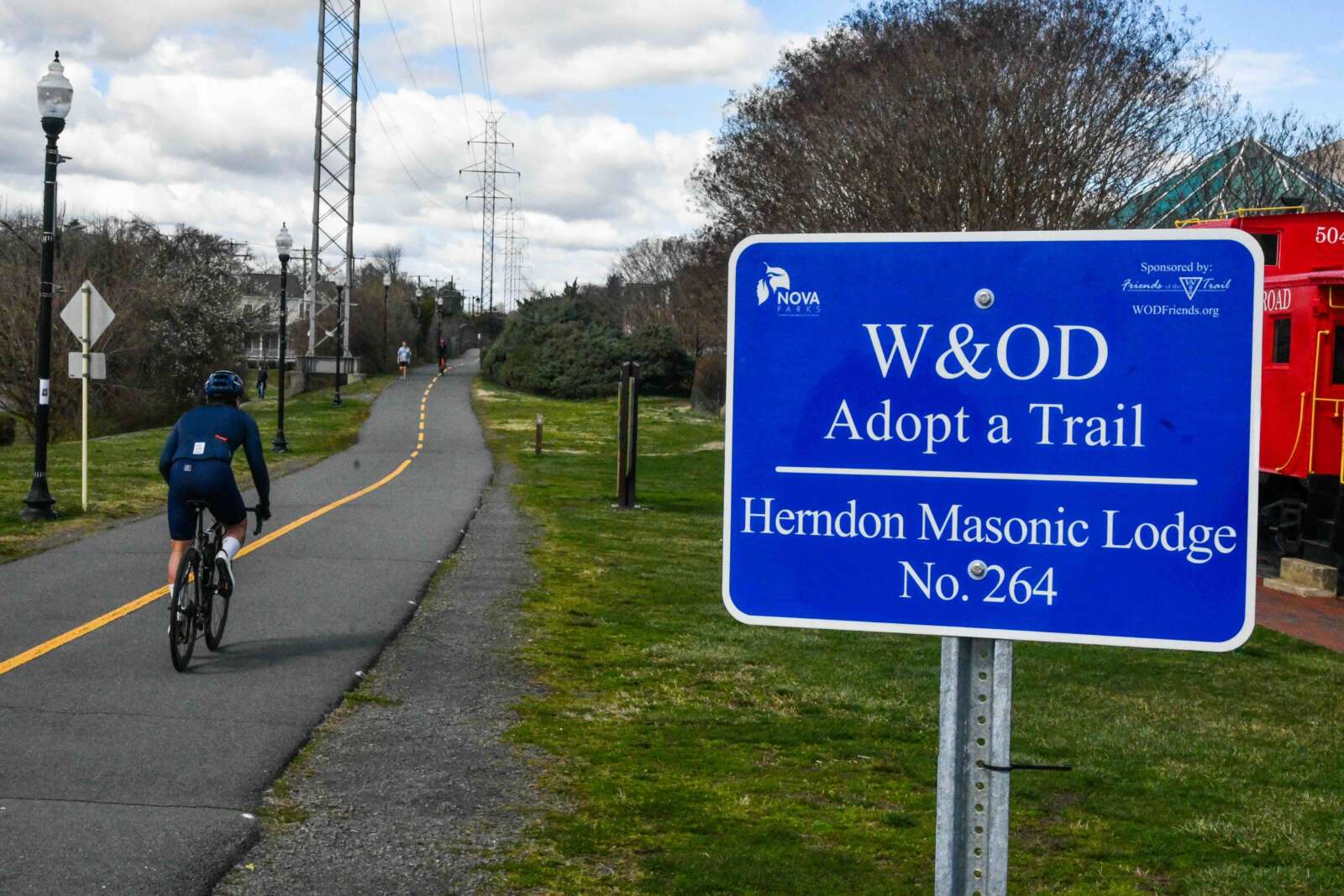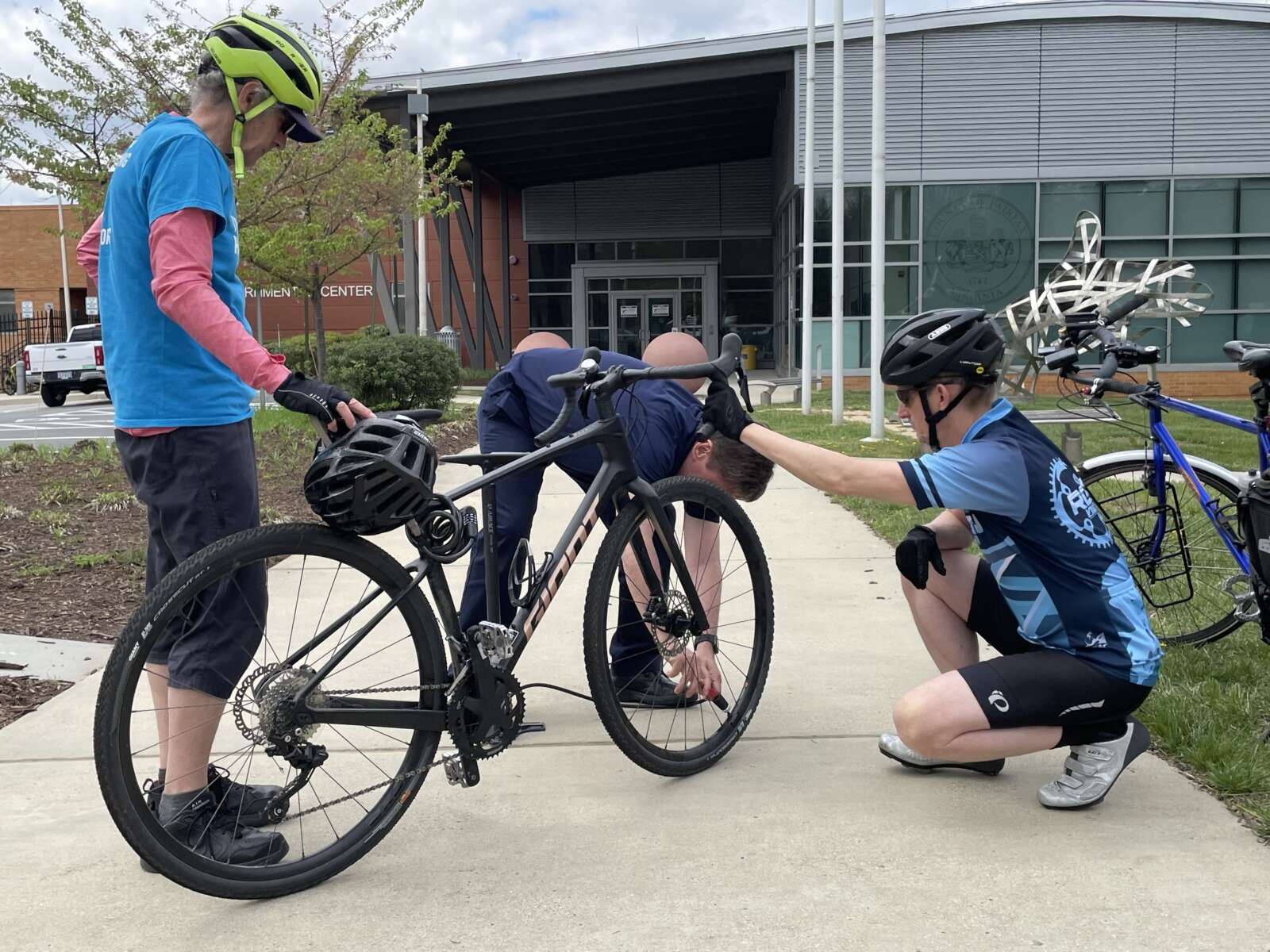This is a commentary from Del. Ken Plum (D-Fairfax), who represents Reston in Virginia’s House of Delegates. It does not reflect the opinion of Reston Now.
Never in my years in politics have I gotten as many questions from people as to what they can do to be more active in political affairs.
While the circumstances at the federal level that have given rise to this question are deplorable, there is a need to take advantage of this new or renewed interest on the part of citizens to get involved with their government. For folks who have been involved as volunteers in political campaigns or as advocates in issue-oriented organizations the lack of awareness and knowledge of the governmental processes on the part of their new helpers and associates is astonishing.
Even so, it is absolutely essential that the new interests be acknowledged and respected and activities and mentoring take place to ensure that the maximum number of people participate in civic affairs and upcoming elections. I was pleased that a civic engagement fair that I sponsored on a Saturday morning earlier this year attracted more than 300 attendees. The goal of the event was to match up organizations with potential volunteers and members. New movements like Indivisible have sprung up around the country, with the local Herndon-Reston Indivisible attracting as many as 400 attendees at one of its early meetings. The group has formed several very active interest groups.
Strong interest in more involvement in civic affairs is of course not limited to this region or state; it is national in scope. The most recent issue of the Council of State Governments publication, Capitol Ideas, has civic engagement as its theme. It looks at such concerns as “the key to repair trust in government” and “how technology reshaped civic engagement.” If one word was used to summarize the articles in this edition of the journal read by state government officials nationwide, it would be education. An article entitled “Civic Education: A Key to Trust” includes a harsh review of the way civics is taught in the public schools: “Unfortunately, the nation’s schools have been generally unhelpful in providing the kind of information that can teach their students how their governments actually work.” The result is that only 23 percent of eighth-graders scored at or above proficiency in civics, according to research by the National Assessment of Educational Progress in 2014.
Improving civic education in our schools is critical to expanding engagement in the future, but action needs to be taken to involve more adults right now. The most obvious place to start is with voter participation in elections. Among the 35 nations involved in the Organisation for Economic Co-operation and Development, the United States ranked a shameful 31st in voter turnout. Laws need to be changed and increased emphasis needs to be given to removing barriers to voting and to getting people to the polls.
The recent influx of citizens interested in working for civic engagement can do a great deal to improve our political system — starting by encouraging others to vote on Election Day.






